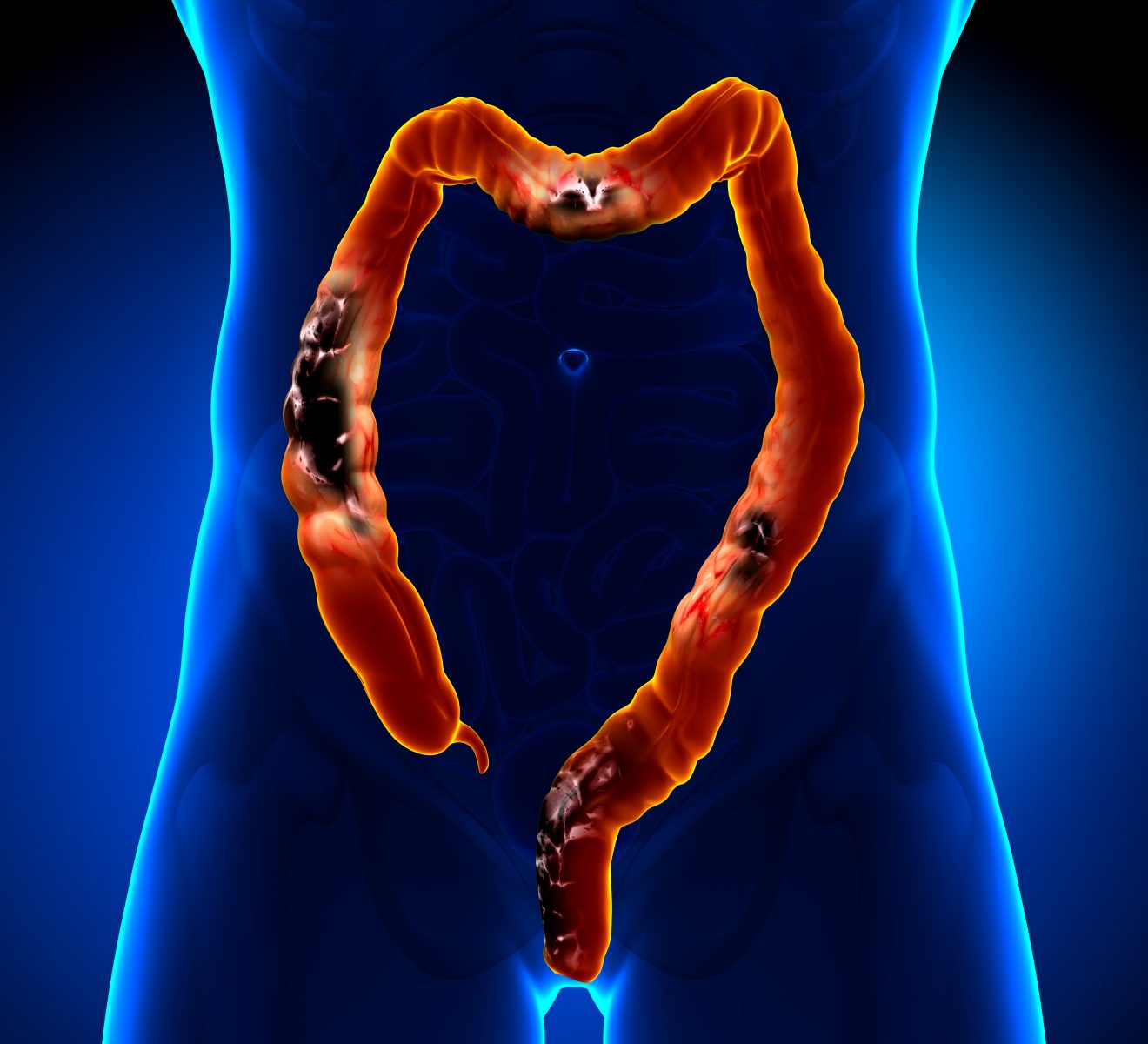 The Texas A&M Health Science Center announced it is expanding its Cancer Screening, Training, Education and Prevention (C-STEP) program to an additional 10 counties in Texas, reaching a total of 17. The expansion of the program, which is meant to reduce the burden of colon cancer through early prevention, was enabled by a three-year, $1.5 million grant provided by the Cancer Prevention and Research Institute of Texas (CPRIT).
The Texas A&M Health Science Center announced it is expanding its Cancer Screening, Training, Education and Prevention (C-STEP) program to an additional 10 counties in Texas, reaching a total of 17. The expansion of the program, which is meant to reduce the burden of colon cancer through early prevention, was enabled by a three-year, $1.5 million grant provided by the Cancer Prevention and Research Institute of Texas (CPRIT).
The C-STEP program was launched in 2011 with $2.7 million in funding from CPRIT to be invested over three years in the screening of colorectal cancer for low-income populations. Assistant professor of family and community medicine in Texas A&M College of Medicine, David McClellan, MD, was the main force behind the project, after his own mother died from the disease when she was 67.
The main purpose of the program is to offer screening colonoscopies by increasing family physicians trained to conduct the procedure. “In some towns, the nearest gastrointestinal (GI) specialist might be 150 miles away,” said Dr. McClellan in a press release. The researcher is working in collaboration with the professor of health policy and management at the Texas A&M School of Public Health, Jane Bolin, PhD, JD, RN, whose mother also died from colon cancer.
Colon cancer is particularly deadly in rural communities and among African-Americans. Despite the fact that medical authorities recommend the performance of colonoscopies every 10 years, after 50 years of age only half of the population actually receives the exam.
Bolin believes that the lack of examination may be related to poor coverage from Medicaid to uninsured patients. Unlike cancer treatment, prevention is still not covered and routine screenings, including colonoscopies, cost between $800 and $3,000. Therefore, Dr. Bolin and Dr. McClellan are conducting C-STEP in order to reduce the incidence of colon cancer, providing funds to support more colonoscopies in low-income patients and training physicians from the family medicine residency program.
The first portion of the funding was partially invested to acquire colonoscopy equipment, which is being used to train young physicians at the Texas A&M Physicians clinic in Bryan, Texas. In addition, the first three years translated into the performance of over 1,200 colonoscopies, of which 275 were identified as polyps cases and 11 as cancer cases.
Despite the fact that the program does not cover treatment for cancer, it is an indication for patients who need to seek further medical assistance, as well as the patients who need help from Medicare or Medicaid. The cases examined during the past three years were found early enough, which increased the survival probabilities of the patients. In addition, patients with polyps were all treated and are being monitored to prevent cancer progression.


